Model Of Care
Our care for people springs from understanding basic principles about human nature, and informs our philosophy of care for every person, whether a member of the community, a consumer of services, or employees; at times, we are all three. Our philosophies are as follows:
Teaching Family Model
Our core understanding begins with knowing that everyone has learned skills. At times, new or different skills are needed to be more successful and provide people more choices in their lives. We teach when addressed with problems and understand that no one knows everything needed for success in new situations.
Erickson's Stages Of Development
Humans go through predictable, stable stages of development. Each stage offers specific tasks to accomplish to move successfully on to the next. Different people may be at different developmental stages, which informs their priorities and perspective. Life events and situations can impede healthy development and impact further development.
Alfred Adler’s Belonging Theory
Adler believed that we all have one basic desire and goal: to belong and to feel significant. We work to create a sense of belonging with each person by creating opportunities for people to contribute and feel appreciated for their contributions. Confidence in fairness, and the opportunity to make decisions about our lives, is just as important.
Bowen Family Systems
Life begins with family, and the lessons we learn in our families carry on in our lifetime. We tend to recreate our family system in other social groups. Understanding the important role family plays in relationships helps us understand group dynamics, how we connect with others, and the individual’s role in that group.
Our understanding of these philosophies leads us to hold certain beliefs: we believe people can benefit from teaching; that each person is in a stage of development and events can disrupt development; that everyone needs to belong and there are concrete ways we can develop belonging; and that one’s family shapes who we are and how we relate to others. These beliefs inform our practice with people at all levels. These beliefs create a trauma-informed practice that centers individuals and provides powerful tools for our important work.